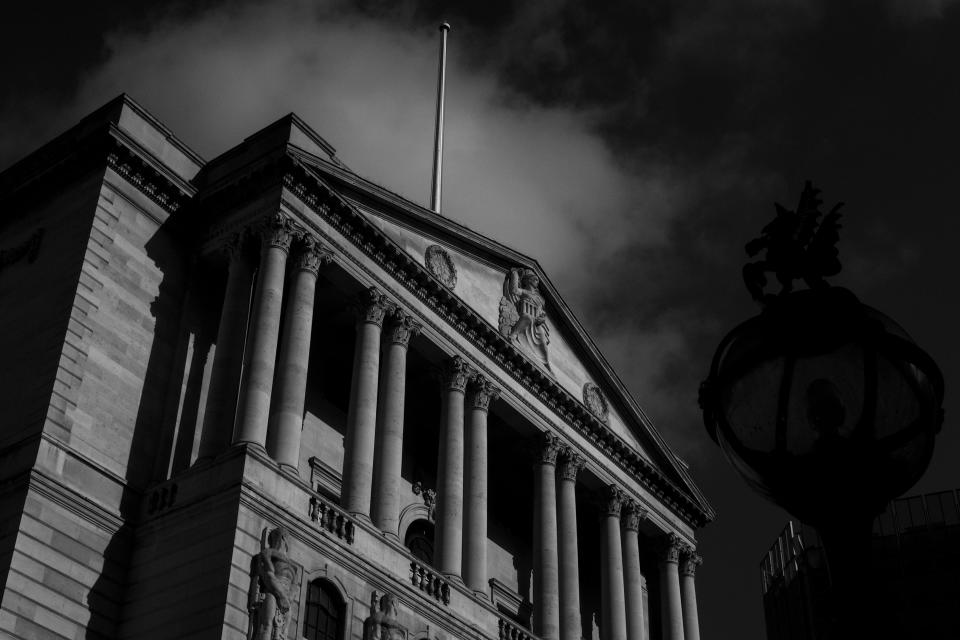Bank of England denies negative interest rate hint

Bank of England (BOE) governor Andrew Bailey has denied that the central bank’s latest policy statement implied that it would use negative interest rates to help stimulate the ailing economy.
Bailey said in an online event by the British Chambers of Commerce (BCC) that it was more looking into how the bank would best implement them effectively, if it needed to apply negative interest rates in the future.
“It doesn’t imply anything about the possibility of us using negative instruments,” he said.
Negative interest rates are a non-conventional way of trying to stimulate economic growth. By making banks pay to store funds with the central bank, negative interest rates are meant to encourage financial institutions to lend money in a bid to juice growth.
Watch: What are negative interest rates?
Unheard of a decade ago, negative rates were widely pursued across Europe in the wake of the 2008 financial crash. The deposit rate at the European Central Bank remains negative.
On 18 September, speculation mounted that the BOE could take interest rates into negative territory for the first time in history next year if the UK economy weakens further.
The Bank’s Monetary Policy Committee (MPC) left the headline interest rate unchanged at its record-low of 0.1% on Thursday and maintained its outlook for the UK broadly unchanged from August’s meeting.
While there were few surprises in the main announcement, investors and analysts zeroed in on a few lines within the MPC meeting minutes, showing negative interest rate policies were being prepared.
At the start of the month, Bailey said that negative interest rates were “in the box of tools” but said the BOE had “no plans to use it imminently.”
Watch: What is a V-shaped economic recovery?
READ MORE: World economy tipped to recover to pre-coronavirus levels mid-2021
The coronavirus pandemic has sent shockwaves across every economy in the world. The health crisis has meant that all countries have had to place its citizens in lockdowns and find ways to open up the economy again without further giving rise to COVID-19 cases and deaths.
In June, the International Monetary Fund (IMF) warned that the world economy was set to take a hit of more than $12tn (£9.6tn) by the end of 2021 with the UK economy set to plunge 10.2% in 2020.

 Yahoo Sports
Yahoo Sports 
